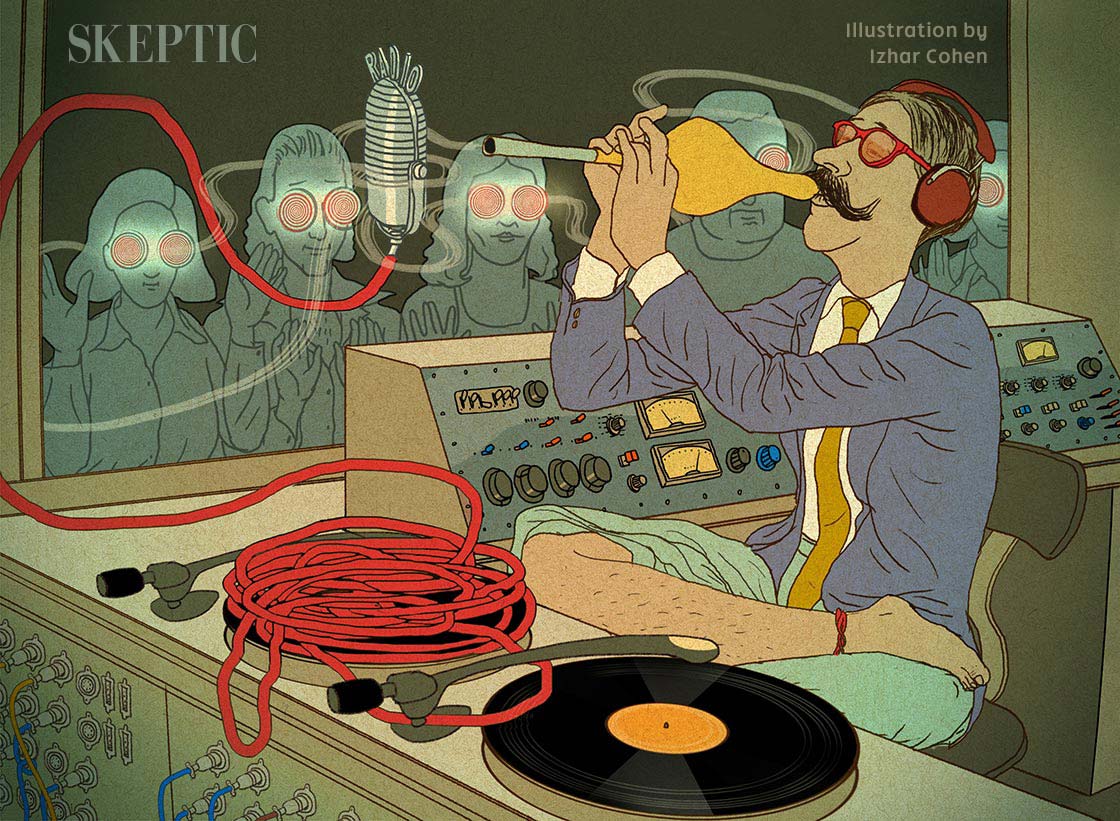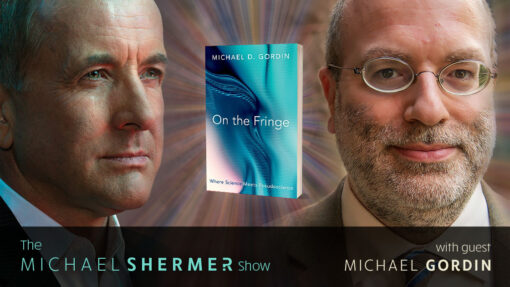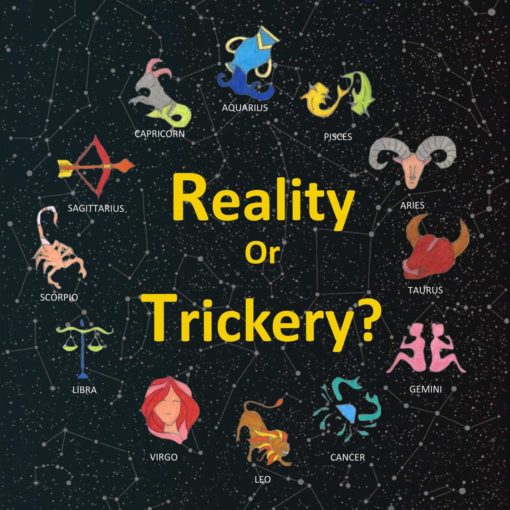astrology

Most skeptics are familiar with modern psychics who pretend to read people’s minds and talk to dead people. In this review essay, Michelle Ainsworth discusses the many mind readers and fortune tellers between 1920 and 1940 who practiced their art of cold reading on the radio, fooling people then as they do today into believing that somehow the spirits were able to come through from the great beyond into radio stations.

Everyone has heard of the term “pseudoscience,” typically used to describe something that looks like science, but is somehow false, misleading, or unproven. In episode 191, Michael explores with Michael Gordin the philosophical and historical attempts to address the problem of scientific demarcation.
Everyone has heard of the term “pseudoscience,” typically used to describe something that looks like science, but is somehow false, misleading, or unproven. In episode 191, Michael explores with Michael Gordin the philosophical and historical attempts to address the problem of scientific demarcation.

Harriet Hall, M.D. (aka the SkepDoc) reviews Horoscopes: Reality or Trickery? by Kimberly Blaker (Green Grove Press. 2018. 78 pages.), a delightful new book for children age 9–13 that encourages readers to ask questions and gives them the tools to find the answers for themselves.

In this week’s eSkeptic, Harriet Hall, M.D. (aka the SkepDoc) reviews Horoscopes: Reality or Trickery? by Kimberly Blaker (Green Grove Press. 2018. 78 pages.), a delightful new book for children age 9–13 that encourages readers to ask questions and gives them the tools to find the answers for themselves.
Donald Prothero reflects on the pseudoscience of astrology and the powerful influence of Joan Quigley, the recently deceased astrologer to Nancy Reagan during most of the years of the Reagan Administration.
A Cautionary Tale from Science History: The Life and Death of Tycho Brahe (1546–1601), a Carbon Comic by Kyle Sanders, appeared in Skeptic magazine 18.4 (2013).
In this week’s eSkeptic, we present Australian skeptic Geoffrey Dean’s critical analysis of Alexander Panchin’s article The Saturn-Mars Effect (from Skeptic magazine volume 16, number 1) which offered an explanation for the Mars Effect as a statistical artifact. Following Dean’s critique, Panchin responds.
In this week’s eSkeptic, Michael Shermer reviews the environmental disaster film The Day After Tomorrow. Ivan W. Kelly takes on Percy Seymour’s new theory of astrology.











